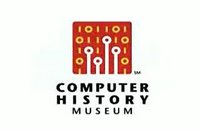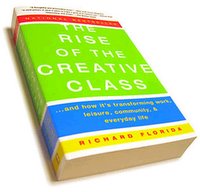Keywords: RSS,
web feed,
news aggregator8,000 RSS feeds in my Bloglines account!
Topics: anime, artificial intelligence, audio, aviation, biotech, Blogger, blogosphere, blogs, blogs - Africa, blogs - Asia, blogs - Australia, blogs - Canada, blogs - China, blogs - Europe, blogs - favourite, blogs - India, blogs - Latin America, blogs - Middle East, blogs - popular, blogs - Russia, blogs - USA, blogs - world, bookmarks, books, Bulgaria, business, cars, CEO, CIO/CTO, communications, communities, competitive intelligence, consultant, corporate blogs, culture, design, developer, downloads, economics, education, energy, entertainment, entrepreneur, events, fashion, finance, food, fun, future, geeks, Google Groups, government, hardware, health, history, ideas, innovation, international affairs, IT, jobs, knowledge management, law, library, lifestyle, LiveJournal, magazines, management, marketing, media, mobile life, moblogs, movies, MSN Spaces, multimedia, music, my blogs/links, MySpace, nanotech, net, neurotech, news, openBC, outsourcing, people, personal technology, politics, real estate, reference, research, science, scifi, search, security, shopping, Silicon Valley, society, software, space, sport, tech news, technology, telecom, travel, Tribe.net, TV, TypePad, venture capital, video, virtual worlds, weird, WordPress, world, world - Asia, world - Europe, world - Middle East, world - Russia, world - USA, Yahoo groups, zeitgeist.
http://www.bloglines.com/public/divediWhat's new?
1.
500 new RSS feeds. Highlights:
The Business Innovation InsiderChristianSarkar.comSoccerBlog.comBusiness Model Design Blog2. New categories: Blogger, LiveJournal, TypePad, MySpace, MSN Spaces, Google Groups and WordPress.
 Keywords: 2006, The Economist
Keywords: 2006, The Economist









